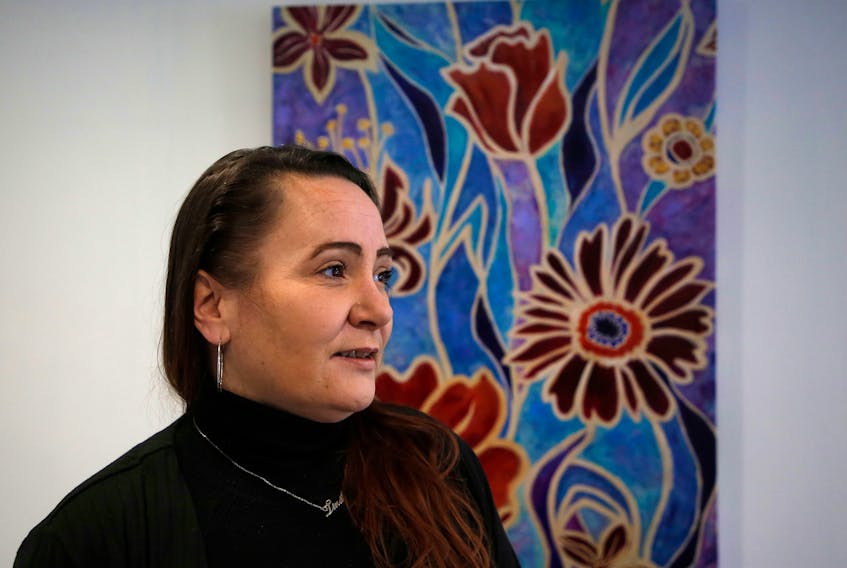I applaud the editorial (Pardon process far too punitive, Jan. 23) about Tina Reilly previously chronicled by Chris Lambie in the Guardian (Seeking fresh start, Jan. 16). The pardoning process in the Americas is more punitive than restorative. In the daily stories and court trials I get the impression that in our legal and political system, pardoning is most difficult and an unconditional pardon is unthinkable. Of course, some empathetic consideration to the accused is shown in some judgments.
My surprise is that the Americas and Europe had Christian foundational beginnings. Oaths are often taken in the name of God and with the Bible. The fundamental teaching of Christianity is love, accompanied by unconditional forgiveness. Christ gave forgiveness not because the crime was light or non-consequential. His unconditional forgiveness was and is the best way to lead the criminal from bad ways to a life of sanity, enabling the pardoned person to rethink and reflect on one’s life and to retreat from the faulty ways of the past, and to positively re-orient one’s life.
We need a criminal justice system. We cannot and must not undo it. My suggestions are for modifications, periodic revision, looking into the circumstances, tolerable and restorative punishments and dignified rehabilitation of the erring citizens. Harsh and traumatizing punishments are likely to lead the offender to resentment, desire for vengeance leading to greater criminal acts. Leniency and understanding will lead to change of mind, reconciliation, and new and socially acceptable life orientations.
Tina Reilly in the story is a 47 year old woman. In her early 20s, involved with a wrong crowd, she participated in a shop-lifting landing her in jail a few days in a week. Later in her early 30s she was rough with an abusive boyfriend. She was jailed just for nine days. That is all her criminal record, which continues to haunt, preventing her from starting a new life with a positive and determined mind-set to rectify her past, and possibly try help others in the process to recover and retreat from similar pitfalls in which she was involved.
The above minor criminal records blocks her from applying for any significantly rewarding work, which perhaps keeps her in enduring poverty, disabling her from paying the quarter-century-old outstanding restitution of $2,000 related to the above shoplifting. My surprise is why the legal system cannot consider canceling this restitution, which apparently is not possible for Reilly in the near future unless someone gives her charity. Even if the restitution is done, she will have to wait for another three years to clear off the criminal record in this regard. Can this system and the attitude that runs it be called part of a civilized society’?
Our legal system and civil organization is corrective and retributive, and I would say vengeful than preventive. Forgiveness is almost alien in our system and in the mindset of most people including Christians.
The poverty in her teenage and early adolescent life (and probably the bad company she was involved with) might have prompted Reilly to try out the wrong ways. She might not have had any significant adult guidance in those days. The social and educational system in our society is not very positive and decisive in training the youngsters for a disciplined life, for respecting the law and society, and preparing for a responsible life. Instead it is very active in punitive correction, leaving in the lives of people lasting trauma and scars like criminal records and structured failures which inhibit moving to a rewarding life and occupation leading to a decent family environment.
As suggested by the Guardian editorial page, Canada’s criminal justice system must be revisited, and positive and constructive changes must be incorporated. People who are burdened and oppressed by this system must be liberated and they should be given ample opportunity to regain their dignity and reconstruct their lives. As a supposedly Christian country, this legal system should take a chance to look at Christ’s law on unconditional love accompanied by unconditional forgiveness. This is the best restorative as well as preventive therapy for all.
Rev. Dr. George Palamattam, CMI lives in Charlottetown.









